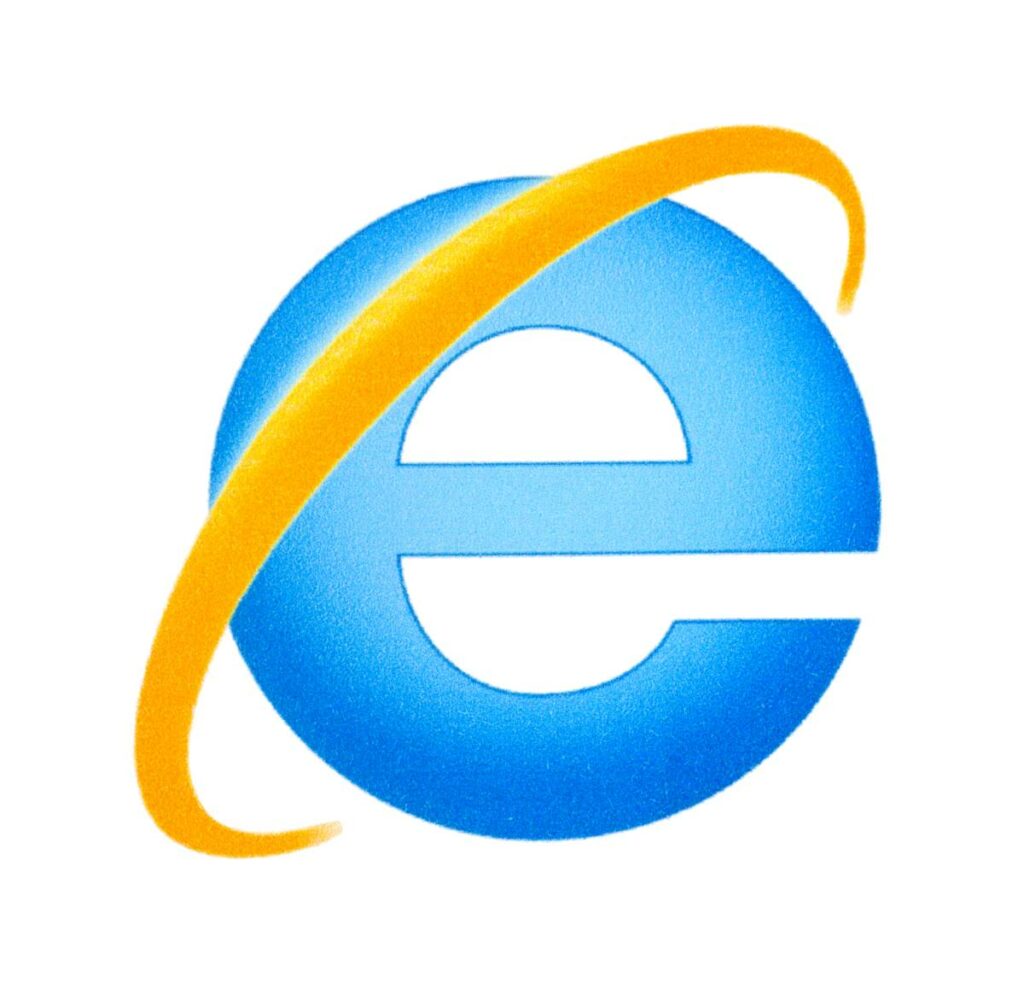- +352 444 222
- Monday-Friday 12:00-18:00
- 20, avenue Marie-Thérèse, 2132 Luxembourg
Menu


The Luxembourg tax authorities issued a new circular on December 27, 2016 for the fiscal treatment of intra-group financial transactions effective as from January 1, 2017 (the “Circular”). The Circular replaced two previous circulars from 2011 and introduced, among others, transfer pricing rules that are in line with the arm’s length principle of the OECD TP Guidelines.
According to the Circular, a financing company must have adequate substance and is obliged to evidence its remuneration by a TP analysis, which is documented in a TP report. In order to determine the substance and equity at risk required, the TP analysis has to take into account the functions performed by the company, the assets it uses and the risks it bears on the financing activities. Furthermore, an economic analysis has to be performed based on comparable transactions. It should also be noted that all the previous transfer pricing rules applicable since 2011 are no longer valid as of January 1, 2017, including the unilateral advance pricing agreement.
Securitization Vehicles
They can be incorporated either as a tax-transparent vehicle in the form of a securitization fund or as a non-tax transparent vehicle in the form of a securitization company. In the latter case, it will be considered as a fully taxable company subject to corporate income tax (CIT) and municipal business tax (MBT) on its income at an aggregate tax rate of 27.08 percent (tax rate applicable in 2017 for entities based in Luxembourg City) to be decreased to 26.01 percent in 2018.
However, a securitization company benefits from a specific tax regime according to which any commitments to remunerate investors for issued bonds or shares and other creditors qualify as interest on debt even if paid as return on equity, which are fully tax-deductible. This means that in practice, the securitization company has a taxable basis close to nil, as the income realized is offset by a tax-deductible expense.
The securitization company is subject to the annual minimum Net Wealth Tax (NWT). The amount of minimum NWT depends on the composition of its balance sheet. Two categories of securitization companies exist: (i) those whose financing assets, transferable securities, bank deposits and receivables against the related parties exceed 90 percent of their balance sheet and exceed €350,000 are liable to a minimum flat net-worth tax of €4,815; (ii) all other entities that do not meet the criteria of (i) are subject to a progressive NWT, which ranges from €535 (for a balance sheet total up to €350,000) to €32,100 (for balance sheet total exceeding €20 million).
Family Wealth Management Company (société de gestion de patrimoine familial or SPF)
In 2007 the Luxembourgish government created a tax-neutral investment vehicle designed for the management of individuals’ private wealth: the family wealth management company or, in French, the société de gestion de patrimoine familial (SPF).
The SPF is a passive investment vehicle. Its objective is strictly limited to the acquisition, holding and sale of financial assets. No commercial activity is possible and no involvement in the management of a company in which the SPF has a shareholding is allowed, even if this is a majority stake.
In order to ensure complete tax neutrality, SPFs are exonerated from corporation income tax (CIT), communal business tax (MBT) and Net Wealth Tax (NWT). Due to these exemptions, an SPF cannot take advantage of the EU Parent Subsidiary directive or of double tax treaties entered into by Luxembourg. As a result, any dividend and interest payments on financial assets received by an SPF might be subject to withholding tax, depending on if any in the State of source are in accordance with the domestic tax rules of that State. There is no Luxembourg withholding tax due on the distribution of profits made by an SPF to its shareholders. However, payments of interest by an SPF can be subject to withholding tax in certain cases.
The benefits of the SPF regime are not open to corporate investors and the SPF cannot be used within a corporate group and SPF shareholders can only be individuals, or private wealth-management entities acting on behalf of eligible individuals (i.e. family offices & trusts).
Dear users, on 15/06/2022 Internet Explorer will be retiring. To avoid any malfunctioning, we invite you to install another browser, such as Google Chrome, by clicking here, or the one of your choice.
Please check this before contacting us in the event of a problem.
